Pulmonology & Critical Care
Research and innovation from Vanderbilt Lung Institute’s pulmonology and critical-care experts
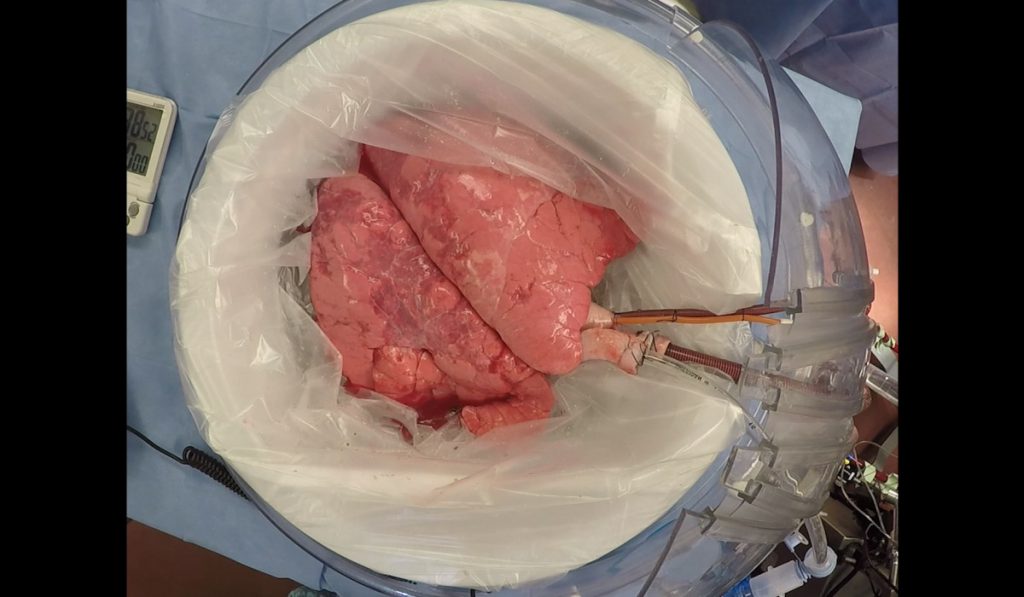
Advanced EVLP Could Extend the Lung Transplant Window
Researchers take another landmark step toward reviving “unusable” lungs.
Read MoreLatest in Pulmonology & Critical Care
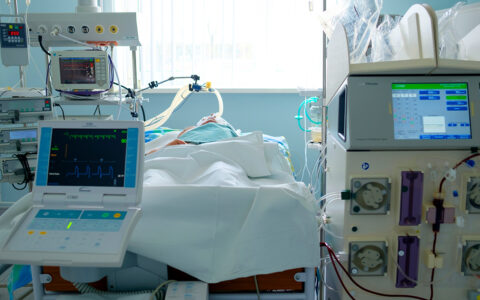
Novel Respiratory Support Device on Path to Patients
Team led by lung transplant pioneer is developing a wearable device to replace ECMO and dependency on ICU care.
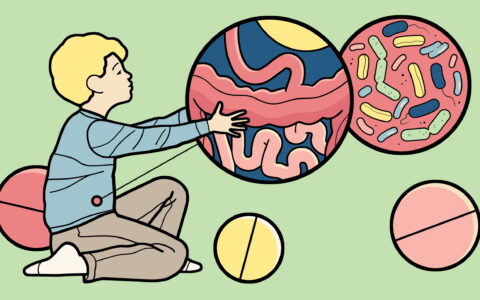
Drug Trio Boosts Gut Microbiome in Children with CF
Study shows that pediatric patients receiving an ELX/TEZ/IVA therapy for cystic fibrosis underwent changes in the gut microbiome.
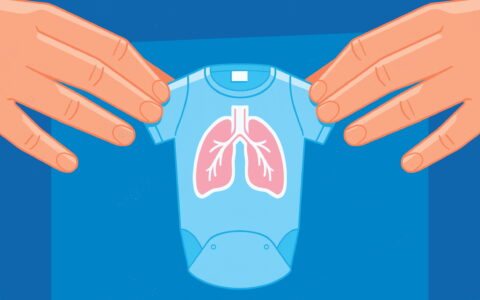
Preemies Breathe Easier with Coordinated Care
Coordinated care for premature pulmonary patients in the ICU helps them thrive once they get home.
Partners in Care
Medical expertise infused with integrated technology allows Vanderbilt Health specialists to build partnerships and elevate care in complex and specialized cases. Browse our referral directory or log into our online portal for referring providers.
Make a Referral
Nurse Practitioners Add Value to Event Emergency Teams
Integrating nurse practitioners into mass-gathering medical teams offers a real-time solution to a sudden surge in patients.

Stoking Successful Heart Replacement in Adults with CHD
Vanderbilt transplant expert weighs in on how to set up CHD patients to survive and thrive after transplantation.

Seeking Shorter Routes Between Research and Patient Care
A new center to expand the real-world impact of Veterans Affairs research.

Bench-to-Bedside Gap Shrinks with New Trial Designs
The growing translational research movement aims to bring benefits to patients in years instead of decades.

Treatment on Trial to Reverse Long COVID Effects
The NIH-funded trial will determine if immunomodulation can improve brain and cardiovascular dysfunction.
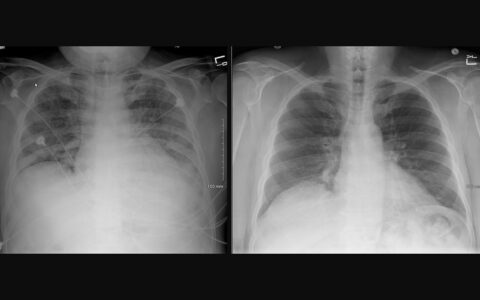
Minor Lung Abnormalities Imply Familial Risk of Fibrosis
A new analysis aims to describe radiographic characteristics and quantify risk in relatives of interstitial lung disease patients.